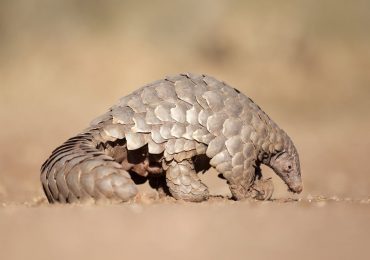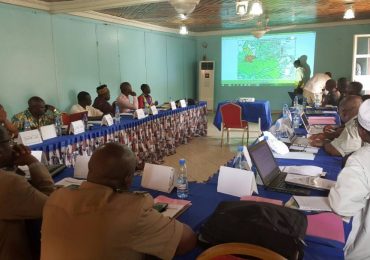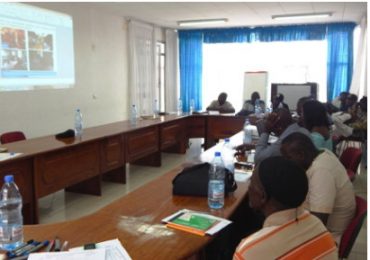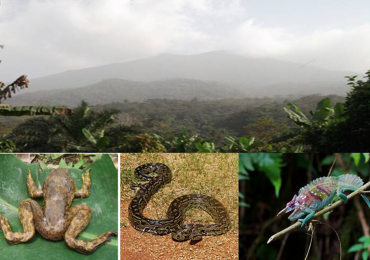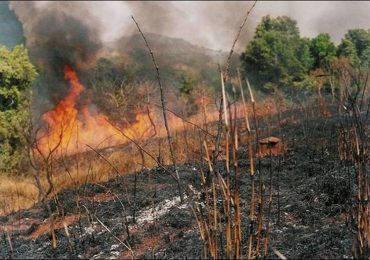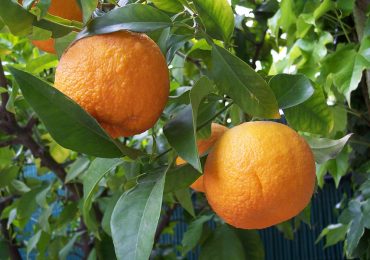The Tadu dairy factory in Jakiri Sub-division, Bui Division in the North West, has moved beyond just improving the quality of milk to the production of yoghurt and cheese.
By Azore Opio
“Tadu Diary is a cooperative owned by cattle grazers. The cooperative was formed in 1989 and was officially launched in 1990 by the Minister of Livestock, Fisheries and Animal Husbandry. The cooperative involved the whole of Bui Division; we have districts at Bekovi, Jakiri, Tan and Bamje carrying out the same activities we do here,” said Yange Ibrahim, inseminator and chief of production at the Tadu Dairy Cooperative.
Tadu Diary Cooperative started from artificial insemination; the art of taking semen from improved breeds and introducing into the local breeds to get new improved breeds.
“The local breeds here; the red Fulanis and the white Fulanis give us just about a litre or two of milk. So, since we needed much milk, we decided to improve the breeds under the leadership of Shang Lawrence who is the coordinator of Tadu Diary,” Ibrahim told The Green Vision.
He said Shang is the one who organised the grazers and told them that is good for them to improve the cattle breed they have here “because the genetics that he saw in the US we do not have here. The grazers agreed and decided to form a cooperative with shares of 50.000 francs cfa each. They gathered the money and imported semen. While inseminating the local breeds here, we were also improving the pastures. We removed the bracken fern which is common here and replaced it with Kikuyu grass and brachearia.”
According to Ibrahim, bracken fern is bad feed for cattle.
“Once a cow is not well fed, it cannot suckle well,” Ibrahim said.
He added, “We started rotational grazing and artificial insemination around 1991-1992. The offspring of the improved breeds matured and they are capable of giving us five to 15 litres of milk. With the surplus, Tadu had to think of what to do with the milk, so we imported yoghurt-processing equipment.”
With the equipment, Tadu Diary started turning the surplus milk into yoghurt, cheese and butter.
“We are now producing yoghurt with various flavours like vanilla, strawberry, pineapple and plain sweetened – no flavour, no colour – only sugar added. Then there is unsweetened plain for diabetic patients,” Ibrahim told The Green Vision.
Tadu Diary has some 50 milking heads, 60 beef heads and 70 bulls with prospects of expanding the population of the cattle.
Tadu works with MINEPIA (Ministry of Livestock, Fisheries and Animal Husbandry) laying emphasis on natural nutrients, cleanliness, testing for alcohol and fat contents in the milk and whether the milk is contaminated with water.
Despite some difficulties like irregular electricity supply, bad roads that make transportation of raw materials to the production centre and later the market as well as no vans to deliver the finished products, Tadu Dairy Cooperative is selling yoghurt, cheese and butter in Bui, Bamenda and Yaounde.
The then Minister of Livestock, Aboubakar Sarki, inaugurated Tadu Dairy Cooperative Society on Novembe15, 1990.
The project began in collaboration with Lands O’Lakes Inc. in the US and cattle breeders of the Banso Highlands of Cameroon, to function as a multi-purpose co-operative that would provide its members with access to new breeds, improved production practices and modern value-adding technologies.
In the early mid-90s, Tadu Cooperative worked in close partnership with Land O’Lakes and the United States Agency for International Development (USAID) to develop a quality/quantity milk production, collection, processing and marketing programme.



